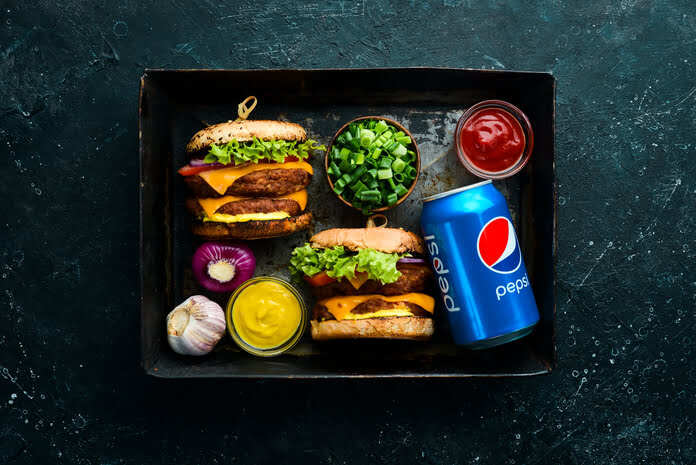Carrefour, the global supermarket chain, is discontinuing the sale of PepsiCo (NYSE:PEP) products in its stores across France, Belgium, Spain, and Italy due to increased prices on popular items such as Lay’s potato chips, Quaker Oats, Lipton tea, and Pepsi soda.
The French retailer removed PepsiCo products from its shelves in France, accompanied by small signs stating, “We no longer sell this brand due to unacceptable price increases.” This decision aligns with a new French law aimed at curbing the cost of living, imposing fines on supermarkets failing to reach pricing agreements with suppliers by the month’s end.
The ban is expected to extend to Belgium, Spain, and Italy, although Carrefour, with over 12,225 stores in 30+ countries, did not specify when it would take effect in these three nations.
As of Friday, PepsiCo products remained available in Rome and Barcelona. Carrefour Italia’s press office assured customers that information regarding this decision would be communicated in their Italian stores in the coming days.
In response, PepsiCo stated it had been in discussions with Carrefour for months, expressing a commitment to negotiating in good faith to ensure the availability of its products.
PepsiCo, known for brands like Cheetos, Mountain Dew, and Rice-A-Roni, has implemented double-digit percentage price hikes for seven consecutive quarters, with a recent 11% increase from July to September. Despite increased profits, higher prices have impacted sales as consumers opt for more affordable alternatives. The company has also adjusted package sizes to cater to consumer preferences for convenience and portion control.
PepsiCo Chief Financial Officer Hugh Johnston acknowledged consumer selectivity, noting that the company anticipates price increases to align more closely with inflation. Despite supply chain challenges during the COVID-19 pandemic and the conflict in Ukraine, PepsiCo believes that prices should stabilize.
However, consumer prices in the 20 European Union countries using the euro currency rose to 2.9% in December from the previous year. Though down from the 17.5% increase in March, food and non-alcoholic drink prices were still 6.9% higher in November than a year earlier.
The French government, responding to the rising cost of living, implemented emergency measures in November, accelerating annual negotiations between supermarkets and suppliers to January 31. Fines for grocery companies failing to meet this new deadline were increased to €5 million ($5.46 million).
PepsiCo attributes its price increases to higher costs for grain and cooking oil, citing the impact of Russia’s invasion of Ukraine. While global markets saw a considerable fall in the costs of these commodities last year, families continue to feel the pinch in supermarkets. The U.N. Food and Agriculture Organization reported a 13.7% decrease in its food price index in 2023 compared to the previous year, but certain categories, like sugar and rice, experienced price growth during that period.
Featured Image: Freepik @ yarunivstudio





